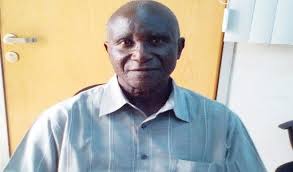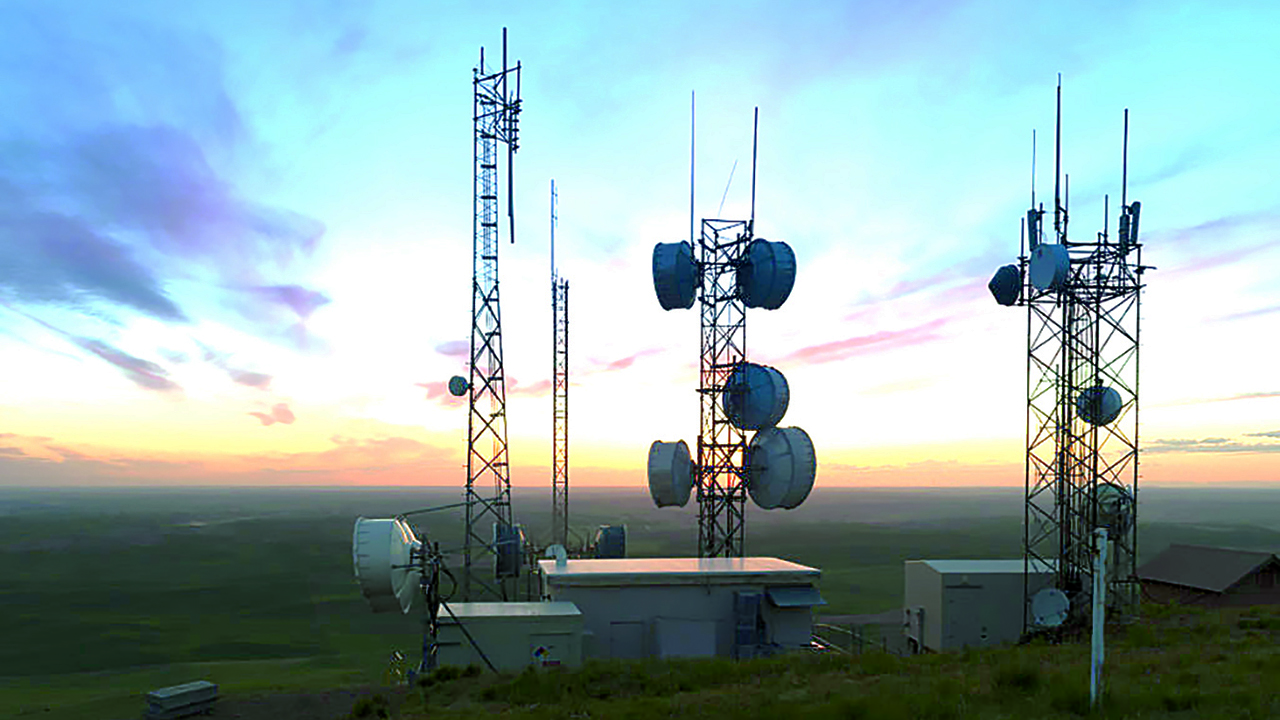Probe rising disparities in air traffic figures, earnings in aviation agencies—Ojikutu
In the last 10 years, there had been serious cases of traffic figures differentials among Nigeria aviation agencies leading to loses of government revenues and even erosion of confidence in the sector by prospective investors.
In an interview with the Secretary General of the Aviation Safety Round-table Initiative (ASRTI), Group Capt John Ojikutu (rtd), he made it clear that the disparities in figures were not new and time has come for a total audit and forensic investigation of all agencies on how they generate and process their annual reports.
Analysts say cutting short or deliberately avoiding some data on flights either domestic or international is a way of cornering revenues accruing from the traffic to unknown accounts.
For example, Ojikutu recalled that the Nigerian Civil Aviation Authority (NCAA) recorded passenger traffic figures of 11.4 million and 15.3 million for 2015 and 2016. The figures are inconsistent with 15.2 million and 14.2 million recorded by FAAN. He described the figures as “misleading and questionable.”
Continuing, the industry expert noted that records from government, private operators and international organisations in 2016 and 2017 showed the earnings on international passengers’ ticket sales alone to be more than what NCAA recorded for the same years.
According to him, to avoid continuation of the erosion of public funds, time has come when the observed difference in figures, should be probed by the Federal Ministry of Aviation, National Assembly, Economic and Financial Crimes Commission (EFCC) and the Federal Inland Revenue Service.
He averred that “The consequences of the exploitation of the earnings were probably the sources of the insufficient funds made available to some agencies from the share of the TSC/Cargo Service Charge, and possibly the reason some facilities needed to assist aircraft to land at night and in inclement weather were not calibrated.
“The non-calibration of these landing aids that require periodic maintenance was the reason for many flights cancellations in 2016 and 2017 during the inclement harmattan weather when these landing facilities were most needed,” Ojikutu said.

While the NCAA estimated the total number of passengers that used the airport as 11.22 million, the National Bureau of Statistics (NBS), courtesy of figures supplied by the Federal Airport Authority of Nigeria (FAAN), put the number at 13.4 million.
Now, independent calculations show that the difference of about 2.2 million accounts for at least N34.8 billion gap in total ticket sales and N6.7 billion in net earnings from the mandatory five per cent charge on each ticket sold that goes to the five regulatory agencies.
If every international passenger pay an average of N300, 000, it would amount to N549 billion in ticket sales and N27.4 billion as five per cent ticket service charge. Also, should each local passenger pay an average of N20, 000 per ticket, it would amount to N77.4 billion in ticket sales and N3.9 billion five per cent cut. The five per cent ticket charge will therefore be N31.3 billion.
Besides, the NBS air transportation data for 2017 show a total of 13.4 million passengers, indicating eight per cent drop from 14.6 million recorded in 2016. Of the 13.4 million, 6.69 million were inbound while 6.7 million were outbound passengers. And of the outbound, 2.23 million were international while domestic passengers were 4.46 million.
Otherwise, if each international passenger paid an average of N300, 000, it would amount to N669 billion in ticket sales and N33.5 billion as its five per cent. If each local passenger paid an average of N20, 000 per ticket, there would be N89.2 billion in ticket sales and N4.5 billion five per cent cut. The five per cent total would, therefore, be N38 billion.
The disparities in NCAA and NBS 2017 figures, therefore, amount to N6. 7 billion, using average prices and without considering first class and business class passengers that paid higher.
However, image maker of the NCAA, Sam Adurogboye, who was quick in denying the disparities in figures, called on the public and all aviation stakeholders to disregard “the misguided attempt to discredit statistical data emanating from the authority”.
He said whereas NCAA stood by its estimates because “the figures are verifiable and were harmonised by all relevant aviation parastatals, government agencies and handling companies,” the five per cent charge on tickets was not based on the total sold, but only on flown tickets. This is unlike FAAN that computes its passenger service charge on all categories of passengers flying through the airport.
“Furthermore, five per cent TSC applies to all tickets originating from Nigeria with the exclusion of diplomats, tickets sold offshore, infants tickets and staff tickets. These are all classified as non-taxable tickets.
“The authority states categorically that there is no consultant(s) commissioned to collect its revenue on its behalf. Payments have since been automated while the processing and data analysis for both international and domestic airlines are handled by NCAA staff.”
Currently, nobody has written any petition to any anti-graft agency against the traffic records differentials so as to enable the EFCC to begin further investigations.









